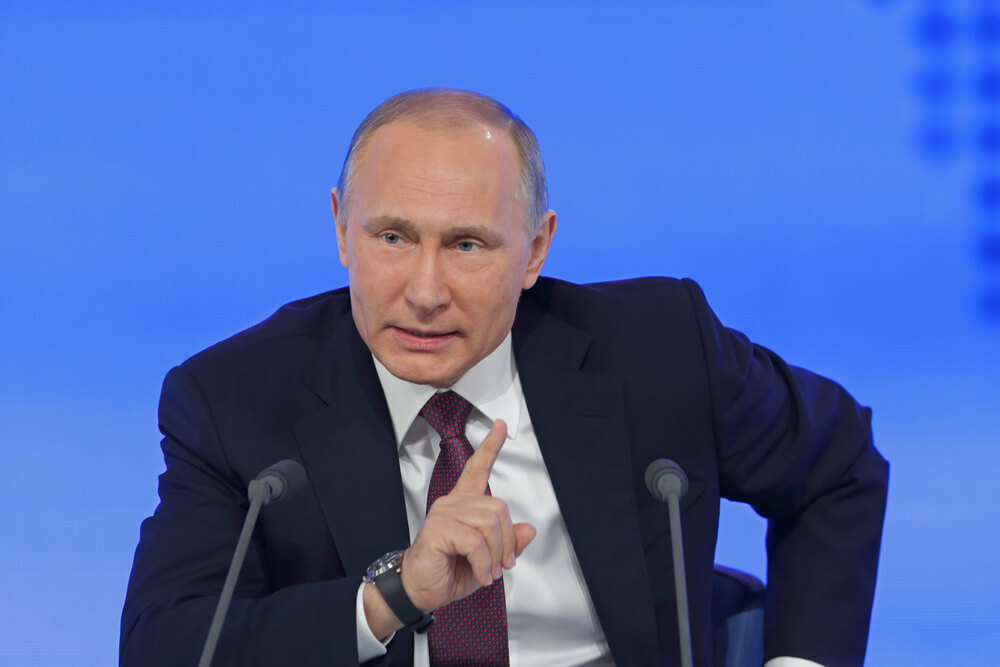The longest-serving dictator in Europe has now positioned himself as a peacemaker. Alexander Lukashenko has been in power in Belarus for over 31 years — outlasting even Vladimir Putin.
He is, in fact, the only European leader whose departure seems unthinkable. Lukashenko has ruled Belarus almost since the beginning of its independence.
Yet, few consider the role he plays in the ongoing war or in the pursuit of peace in Ukraine.
I first met Lukashenko in 2019, when Volodymyr Zelenskyy sought to rebuild relations with Belarus and invited him to the Second Forum of the Regions of Ukraine and Belarus in Zhytomyr, a city in northern Ukraine.
It was there that I first shook his hand, though, behind closed doors, he and Zelensky discussed the most critical matters. Lukashenko expressed full support for peace efforts, a particularly pressing matter at the time, as Russia’s invasion of Donbas and annexation of Crimea had been ongoing since 2014.
The Minsk agreements - a stumbling block to lasting peace
Lukashenko was so warm and delighted during his visit to Ukraine that he even promised Zelenskyy he would screen the TV series «Servant of the People» in Belarus, where Zelenskyy played the lead role—a role that became a cornerstone of his electoral success.
For his part, Zelenskyy was equally pleased with the outcomes, many of which remained confidential, discussed behind closed doors in their one-on-one meeting.
Interestingly, the first peace agreements were signed under Ukraine’s previous president, Petro Poroshenko, in 2015, in Minsk.
The Belarusian capital became the site of the first serious peace talks, despite Russia’s bloodshed in the Ukrainian Donbas. Russian forces had heavily shelled Ukrainian towns and villages, destroying infrastructure and more than once encircling Ukrainian troops that had still been far from the level of professionalism and equipment they would later achieve.
The Minsk agreements enabled Kyiv to reach a fragile understanding with Moscow
The Minsk agreements offered Ukraine a temporary lifeline, enabling Kyiv to reach a fragile understanding with Moscow, even while parts of Ukrainian Donbas and Crimea remained under Russian control. However, the agreements also became a significant stumbling block to lasting peace.
Both Ukraine and Russia accused one another of manipulation. The primary point of contention was Russia’s push to hold elections at gunpoint in Donbas, installing their own puppets who could later enter Ukraine’s parliament as representatives of Donbas.
This would allow Russia to exert influence on Ukraine’s national policy. Russia promised to withdraw its troops afterward, while Ukraine insisted that the withdrawal of troops should come first, followed by elections under international supervision.
The conflict dragged on for eight years along a 420 km frontline, from 2014 to 2022, with constant fighting and shelling. Lives were lost, but both sides reached temporary ceasefires and agreements, such as the return of prisoners and captured ships, under the Minsk framework.
A mediator between Moscow and Washington
Today, Lukashenko claims to play an even more crucial role as a mediator, this time between Moscow and Washington.
Recently, he invited an American journalist, Simon Shuster of TIME Magazine, for an interview, during which he revealed that he had offered the U.S. a dual mediation function. He relayed messages from the Americans to Putin, sometimes calling the Kremlin every 2-3 days.
John Coale, a former attorney to Trump who met with Lukashenko multiple times on behalf of the U.S. government this year, acknowledged that Lukashenko “has offered to give Putin messages from us. That’s a channel, okay? That’s very valuable.”
Additionally, Lukashenko said he was explaining to the Americans how Putin thinks, helping them better understand how to approach the seemingly eternal Russian leader.
“We do not make agreements with the Americans behind Russia’s back. That’s a taboo.” - Alexander Lukashenko
“Don’t dictate terms. Don’t bang your fist. Don’t insult Putin. Russia will not forgive him if he swallows such an insult,” Lukashenko kept preaching to the U.S. diplomats.
It seems that his major message to Americans was that Trump had quite a big chance to influence Putin and lead Ukraine and Russia to some peace.
However, Lukashenko was concerned that Putin could tell Trump to “go to hell” if he feels disrespected. “He hasn’t done that yet,” Lukashenko said, “but he can do it.”
To build trust with the United States, Lukashenko released political prisoner Sergei Tikhanovsky. He acknowledged that Belarus could cooperate with the Americans but emphasised, “We do not make agreements with the Americans behind Russia’s back. That’s a taboo.”
The line between reality and self-praising fantasies
What is the line between reality and self-praising fantasies of Europe’s longest-serving dictator in this narrative is unlikely to ever be fully clarified.
However, Lukashenko claimed that he personally advised Putin against travelling to Turkey this summer for a meeting with Ukrainian President Volodymyr Zelenskyy.
 Lukashenko claimed that he personally advised Putin against travelling to Turkey this summer for a meeting with Volodymyr Zelenskyy
Lukashenko claimed that he personally advised Putin against travelling to Turkey this summer for a meeting with Volodymyr Zelenskyy
This could explain why the Russian leader first promised to come and then skipped the meeting.
Lukashenko also repeated the Russian narrative accusing Ukraine of provoking Putin into war, saying, “Zelenskyy understood that he lives next to Russia, this sleeping bear. Why did he go and wake it up?”
Without drawing much attention and engaging mostly in verbal sparring with the West and Ukraine, Lukashenko has never openly clashed with Putin, becoming his loyal partner.
Who could have imagined that, at a critical moment in Europe’s largest war, this very trait would prove to be a valuable asset of a dictator whose name is barely known to the average Westerner? Yet history is unlikely to remember this alongside Alexander Lukashenko’s legacy.